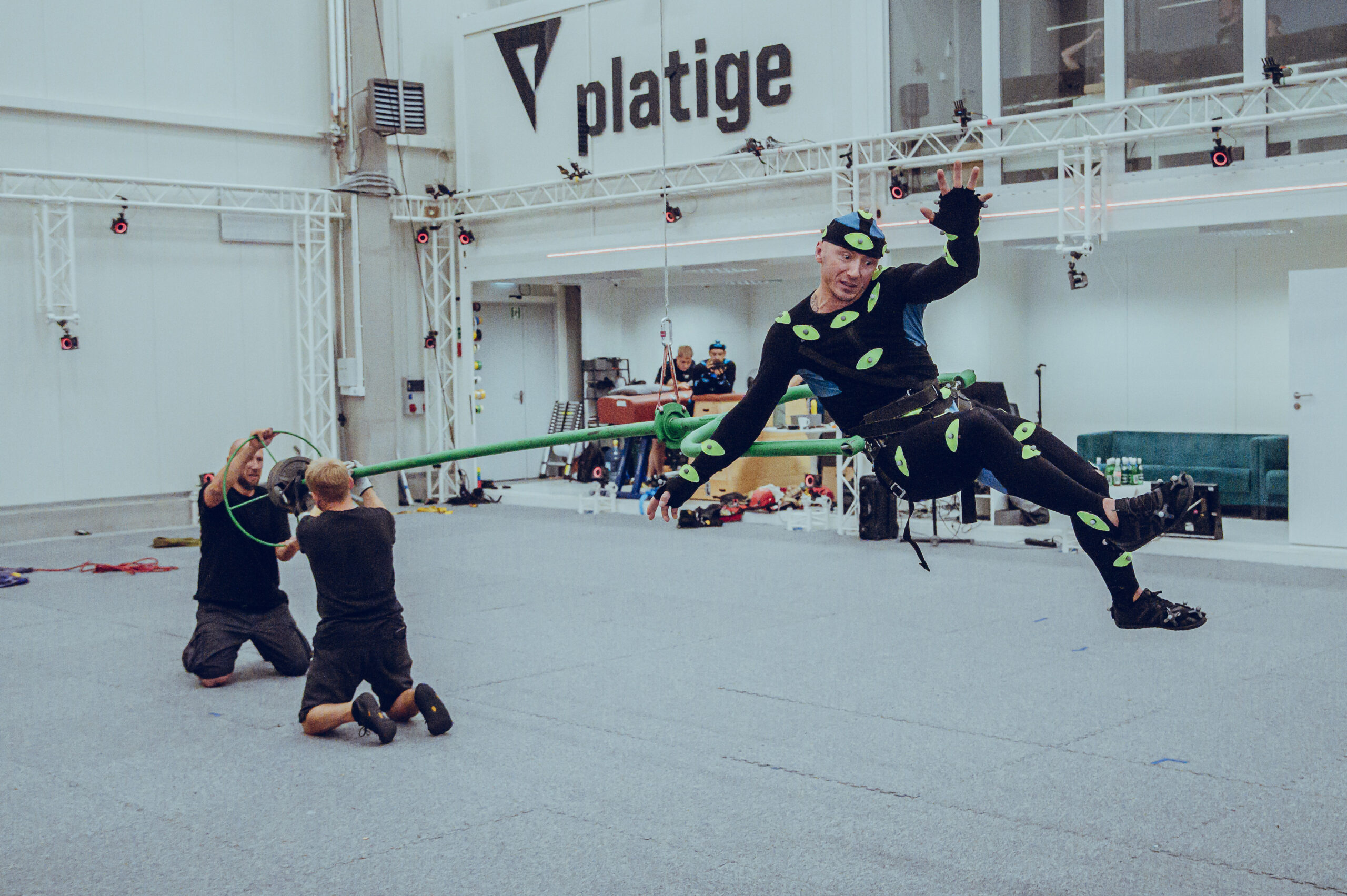Filmmaker Nadine Valcin aims to raise awareness of black slaves in Canadian history
On Feb. 10, Nadine Valcin, a Toronto-based documentary filmmaker, screened two short films as a part of the Black History Month celebrations at George Brown College (GBC).
Fire and Fury and Whitewash look at the collective amnesia of black history in Canada and bust common myths like the recent arrival of people of African descent to Canada, and the not in our backyard attitude towards slavery.
“History is a narrative, in the realm of myth, a story carefully constructed and recorded by those in power,” said Valcin.
Valcin was compelled to find the stories of marginalized people because the winners of culture clashes often end up writing history and blotting out the losers.
Born in Montreal to Haitian parents, Valcin is driven by a desire to tell compelling stories that represent a diversity of viewpoints.
Intrigued by the fact that very few people knew about the existence of slavery in Canada, Valcin decided to make short films to portray the lives of black slaves and their roles in shaping Canadian history.
“I was confused because despite being told that slavery didn’t exist in Canada, the only people who looked like me in the history books were the slaves,” said Community Action Centre support staffer Brandy Skinner.
Skinner added that Valcin’s creations are eye-openers for many young black citizens who really don’t feel accepted and are considered ‘second class’ citizens.
Fire and Fury, is a fictionalization of the days leading up to the Great Fire that destroyed half the city of Montreal in the 19th century, told through the eyes of the slave accused of setting the fire.
Whitewash deals with the assimilation of black slaves into the general population. Over the years, they have become very light skinned and actively sought to deny their roots.
“These narratives serve to empower those whose voices previously have been omitted or underrepresented, just as much as they aim to educate all of us,” said Olga Ponichtera, a professor at the school of communications.
Valcin said that racism and the privilege that comes with ‘looking’ white are some of the most obvious reasons for erasing this fraction of history.


